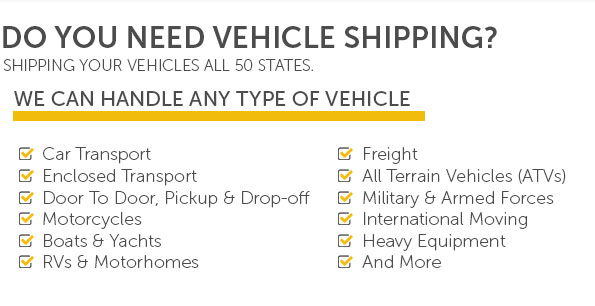 |
 |
 |
||
 |
 |
 |
 |
||
 |
 |
 |
 |
 |
 |
 |
 |
 |
 |
Cheap Moving Truck One Way: Tips and Common Mistakes to AvoidUnderstanding One Way Truck RentalsWhen planning a move, renting a cheap moving truck one way can be a cost-effective solution. It's essential to understand the different factors that influence pricing and availability. What Is a One Way Truck Rental?A one way truck rental allows you to pick up the truck at one location and drop it off at another. This option is particularly useful for long-distance moves, eliminating the need to return the vehicle to the original location. Factors Affecting Costs
For more details on options and cost comparisons, check out moving companies usa for comprehensive insights. Tips for Renting a Cheap One Way Moving TruckBook in AdvancePlanning ahead can save you money. Booking early often results in better rates and ensures availability. Compare Multiple CompaniesResearch and compare prices from different rental companies. Look for discounts or special offers that can reduce your costs. Check for Hidden FeesBe aware of potential hidden fees such as mileage charges, insurance costs, or late return penalties. Clarifying these in advance can prevent unexpected expenses. Pack EfficientlyPacking your belongings efficiently can minimize the size of the truck you need to rent, saving you money. For additional packing and moving assistance, explore moving services near me. Common Mistakes to AvoidIgnoring Insurance OptionsSome renters overlook insurance coverage, which can be costly in the event of an accident. Always consider purchasing adequate coverage. Not Inspecting the TruckFailure to inspect the truck for pre-existing damage can lead to disputes. Document any issues before leaving the rental location. Underestimating Fuel CostsCalculate fuel costs as part of your budget. Larger trucks consume more fuel, impacting your overall expenses. FAQhttps://www.upack.com/moving-services/compare-movers/truck-rental
Renting a truck for a one-way move means calling or reserving one online, driving with another person to pick it up, loading your belongings inside, driving it ... https://www.avis.com/en/products-and-services/services/moving-truck
Since Budget Truck has locations across the nation, you can find a location near you and near your destination. Reserve a one-way moving truck rental if you've ... https://www.budget.com/en/products-services/services/moving-truck
Book a cargo van rental from Budget Truck. This type of rental is ideal for moving a single bedroom's contents, lots of equipment for an event, or whatever ...
|